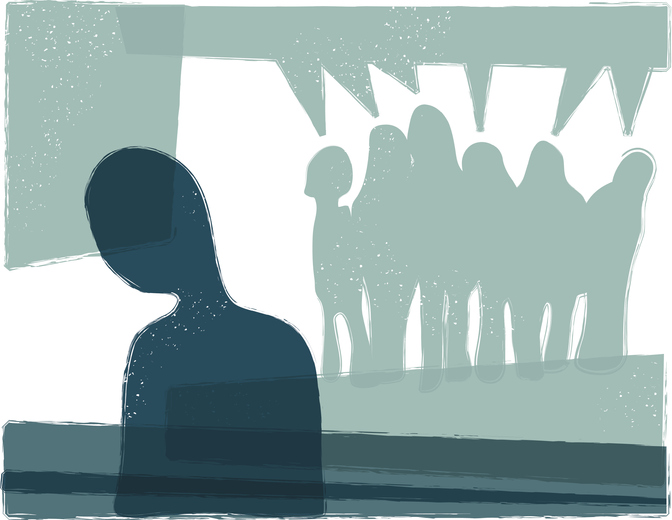Living with Chronic Pain
Things Individuals With Chronic Pain Wish Others Understood

5 people found this helpful
Print
Share
Save
Chronic pain can be very difficult to understand for individuals who do not live with it. Although most people have experienced temporary or acute pain, chronic pain is altogether different.
Explaining a chronic pain condition to others can be overwhelming and frustrating. Things individuals with chronic pain wish others understood include the following:
- Chronic pain can be invisible. Individuals with chronic pain may not use a wheelchair, wear an obvious brace, or walk differently than healthy individuals; however, that does not mean their pain is not real. Chronic pain may not show any visible symptoms, causing others to have a difficult time understanding the impact it has on an individual’s life.
- Chronic pain can be very unpredictable. It is difficult to predict how much pain a person will have upon waking, or how that pain might change throughout the day. Individuals with a chronic pain condition may feel fine at times; whereas, at other times, they may not be able to leave the house or get out of bed. Good days and bad days may exist for seemingly no reason at all.
- Pain medications may not completely relieve pain. While medication may relieve some pain, it normally does not eliminate it. Other tools individuals with chronic pain use include temperature therapy, kinesiology tape, physical activity, and self-care. However, pain may linger despite all treatment efforts.
- Being spontaneous is seldom an option. Most individuals with chronic pain wish they could accept a last-minute invite or easily change plans; however, this is often impossible. Chronic pain frequently necessitates carefully planned periods of activity and rest, scheduled medical appointments or treatments, and planning prior to activities, such as taking medication ahead of time. Spontaneity may not be possible.
- The need to cancel or reschedule plans may arise. Flare-ups, fatigue, or other symptoms of chronic pain may result in an individual missing an important event or rescheduling plans at the last minute. Although this is out of the person’s control, it can lead to feelings of guilt or sadness.
- Medical advice is not needed. Although usually given with the best of intentions, unsolicited medical advice from family members or friends can result in anxiety, worry, stress and fear. Generally, a team of medical professionals are working with a person to treat their pain.
- Support is greatly appreciated. Having the support of friends and family members is essential for individuals with chronic pain. It is invaluable to have someone help with chores or daily activities, provide a shoulder to cry on, be someone to laugh with, and give a distraction from the pain.
Additional source: Psychology Today
















